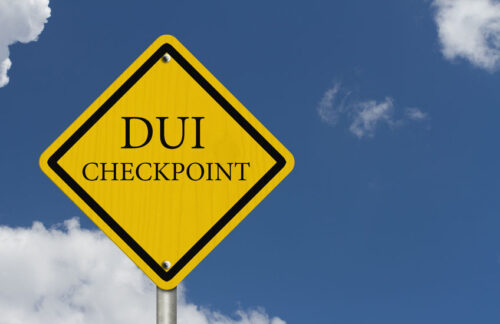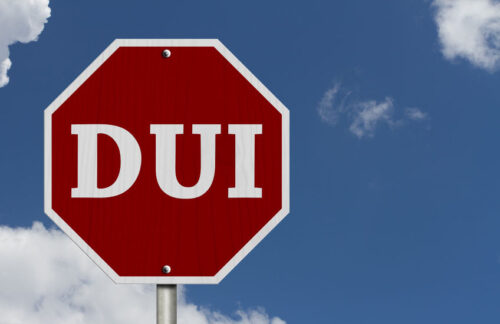Individuals who experience the consequences of driving while intoxicated discover that Texas DWI laws call for strict penalties. People are hurt or killed in car accidents every day by drunk drivers who believe they are still able to get behind the wheel without any problems occurring. We strongly encourage all Texas drivers to think ahead and make arrangements for a designated driver when needed, to avoid unnecessary tragedies.
DUI Archives
This is the DUI Archives for UltraCar Insurance. Your source for SR22 & FR44 Insurance.

Texas DWI Laws
Texas DWI laws cover all aspects of the offenses of, and penalties for driving under the influence or driving while intoxicated. DUI/DWI offenses are the most serious of motor vehicle violations, and the penalties are severe. Many factors can affect how a person is affected by alcohol and legal or illegal drugs. It’s best not to ever take a chance driving when the possibility of impairment exists.




Colorado DUI Laws
Because of the high potential for injury and death resulting from drinking and driving, Colorado DUI laws call for strong penalties for violations. DUI laws outline specifics of driving under the influence of alcohol and illegal or prescription drugs, and the penalties for first and subsequent violations. Many people may feel that they’re capable of driving safely after a drink or two, but it is never completely safe to drive after drinking, smoking marijuana or taking prescription drugs.
As in all states, Colorado DUI laws prohibit driving under the influence of alcohol or drugs and outline the consequences. DUI and DWI have the same meaning and effect in many states. But in Colorado, there is a difference between DUI and DWAI. DUI is driving under the influence of alcohol or drugs. DWAI stands for driving while ability impaired.

California DUI
When you have a California DUI or DWI violation, one of the penalties is license suspension for a specific time. You’ll need to file a California SR22 insurance certificate to obtain a restricted license to drive to and from work. The SR22 certificate is endorsed to an auto or non-owner insurance policy. You must work with a California-licensed insurance provider for an appropriate policy and certificate. California DUI insurance is available to vehicle owners and to those who don’t own a car.
The decision to drive after drinking is one that can negatively affect your personal and financial life. If an officer pulls you over and you don’t pass the sobriety test, state will charge you with a California DUI violation. Failing the test leads to suspension of your driver’s license. You’ll then have to go through an administrative hearing process for license reinstatement.

Florida Non Owner FR44
If you don’t own a vehicle and have a DUI conviction, you’ll need to file a Florida non owner FR44 insurance form to reinstate your license. Penalties and fines for Florida DUI violations vary depending on the circumstances. Drivers will experience many personal and financial costs after a Florida drunk driving conviction.
When you want to reinstate your license after a DUI conviction and don’t own a vehicle, you’ll need a Florida non owner FR44 certificate. UltraCar Insurance helps you restore your driving privileges by filing your document with the Florida HSMV.


What is FR44 insurance in Virginia?
Suppose the state requires you to purchase high-risk insurance after a DUI violation. In that case, it’s helpful to understand what is FR44 insurance in Virginia. An FR44 is a certificate that’s tied to an auto insurance policy. You’ll file the certificate with the state Department of Motor Vehicles (DMV) to reinstate your license after a DUI suspension. You’ll likely have higher insurance premiums while you maintain FR44 insurance.
So, what is FR44 insurance in Virginia? If you want to reinstate your license after a DUI/DWI conviction, the state requires you to file an FR44 certificate. To get an FR44 certificate, you’ll have an insurance provider write you an owner or non-owner liability insurance policy and add the FR44 certificate as a rider to your policy.

What is FR44 Florida?
If you have a Florida license suspension for DUI/DWI, you’ll have to file an FR44 Florida certificate to reinstate your license. The FR44 document is an endorsement to your auto insurance policy. If you don’t own a car, truck, or motorcycle, the certificate is attached to a non-owner insurance policy.
FR44 Florida is a financial responsibility form. The state requires you to file it to reinstate your license after a drug or alcohol-related violation. A court may order you to submit this document to comply with other legal matters.
